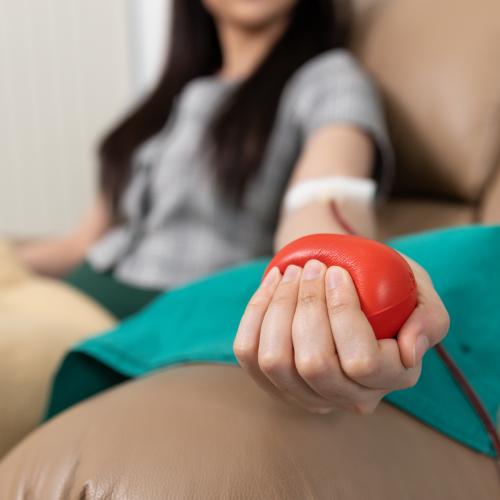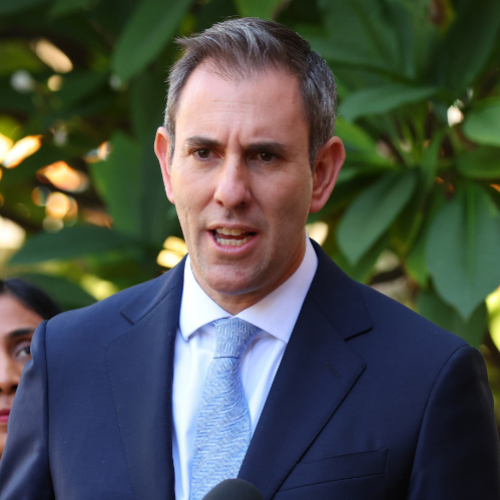‘Yes’ campaigners for an Indigenous voice see the crucial state of South Australia as winnable in the upcoming referendum.
Prime Minister Anthony Albanese will announce the date of the referendum in Adelaide on Wednesday, with the poll expected to be set for October 14.
SA and Tasmania are seen as swing states critical for the ‘yes’ campaign to achieve a four-state majority in the referendum, with Western Australia and Queensland widely tipped to vote ‘no’.
Labor senator Marielle Smith said she has had positive conversations with people when she campaigned in her home state of SA.
“The more one-on-one conversations we can have on the ground, the better,” she told AAP.
“I think generally South Australians see that the path we’re on clearly isn’t working and they want to support a positive change that will have a meaningful impact on the lives of Aboriginal and Torres Strait Islander people.
“That’s what the voice will deliver and I feel confident that Adelaide will warmly embrace it.”
Yes23 says support on the ground is growing with droves of volunteers who have never joined political campaigns signing up to doorknock.
Inner-city Adelaide is seen as the crux of the SA campaign, with the state’s regions expected to return a high ‘no’ vote which will need to be offset in more progressive metropolitan suburbs.
A recent poll put support in SA at 46 per cent, but it has been as high as 54 per cent.
Pundits expect Victoria and NSW to vote ‘yes’, but concerns remain about how the latter could swing given a large number of multicultural and traditionally conservative voters in areas like western Sydney.
The high cost of advertising in Sydney means smaller regional hubs like Wollongong could be bombarded with ads in coming weeks as the campaign ramps up.
The prime minister is in Western Australia on Tuesday and maintains the state isn’t a write-off for the referendum.
Mr Albanese called on Australians to be informed about the proposal and constitutional change as opponents push the slogan: if you don’t know, vote ‘no’.
Those spearheading the ‘no’ campaign are painting the push to enshrine an Indigenous consultative body in the constitution as legally risky and divisive.
“It’s no different from prior to marriage equality … the fear campaigns have not been realised just as the fear campaigns on the apology to the stolen generation have also not been realised,” Mr Albanese said.
Yes23 spokesman and Indigenous activist Thomas Mayo said the feeling on the ground was starkly different from published polling.











